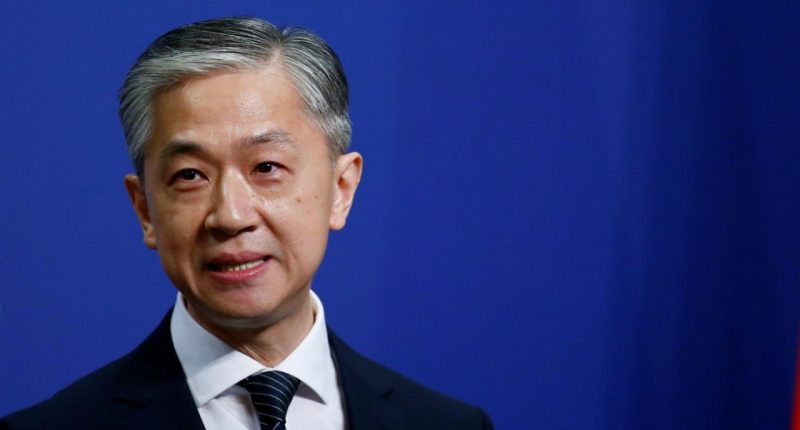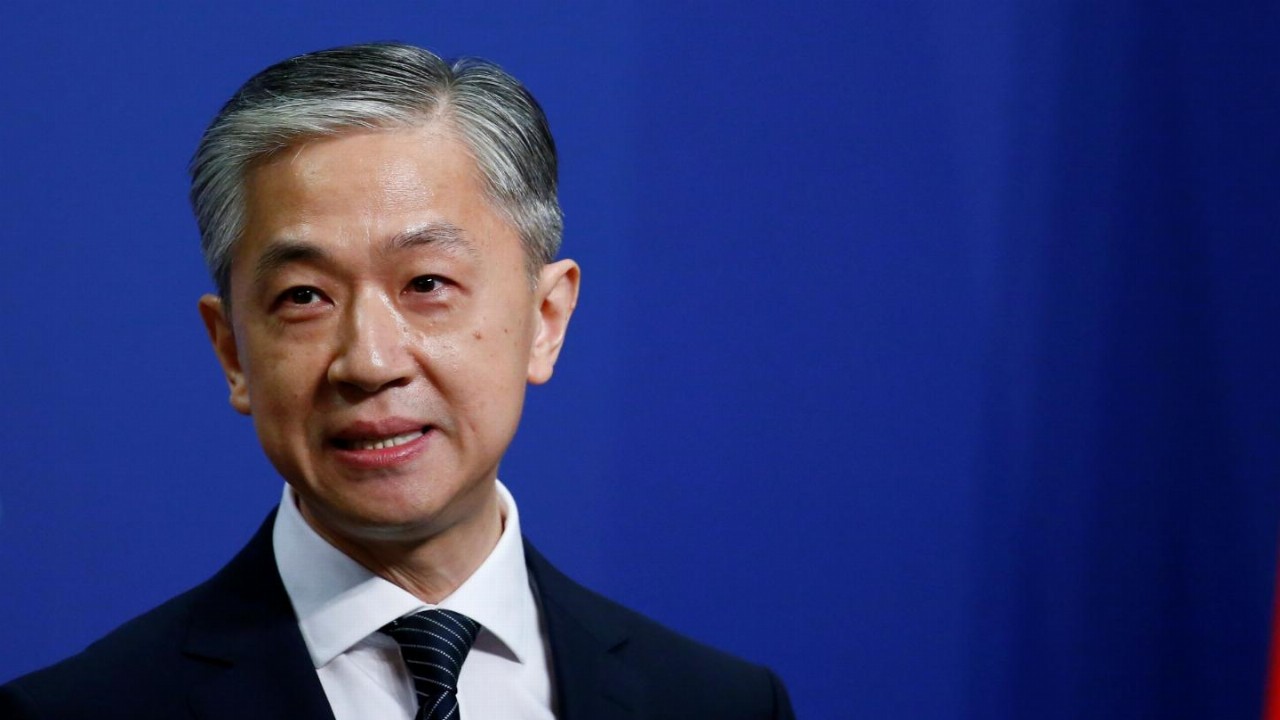- After weeks without a direct answer from Beijing, Chinese authorities have finally addressed the country’s ongoing import ban on Australian coal
- In a press briefing on Tuesday, spokesperson for China’s Ministry of Foreign Affairs Wang Wenbin said the ban was “in line with Chinese laws, regulations and international practices”
- Earlier this week, China’s state-owned tabloid The Global Times revealed that power plants across the country are being restricted from importing coal from Australia
- The ban first became apparent back in October, when Australian coal exporters were suddenly told to cancel orders and coal-carrying ships started accumulating outside key Chinese ports, unable to offload
- The ban has been part of drastic breakdown in relations between the two nations, which began when the Australian Federal Government called for an independent inquiry into the origin of COVID-19
After weeks without a direct answer from Beijing, Chinese authorities have finally addressed the country’s ongoing import ban on Australian coal.
In a press briefing on Tuesday, spokesperson for China’s Ministry of Foreign Affairs Wang Wenbin said the ban was “in line with Chinese laws, regulations and international practices”, going as far as to call it “a responsible act for Chinese domestic industries and consumers.”
The news follows a tacit confirmation of the ban earlier this week, when China’s state-owned tabloid The Global Times admitted that power plants across the country were being restricted from importing coal from Australia.
In the same press briefing, Wang went on to defend the ban further.
“I have repeatedly heard some people from the Australian side claim to be the so-called victims, constantly accusing and attacking China by innuendo, which is completely making a countercharge confusing right and wrong. China will never accept this,” Wang said.
The ban first became apparent back in October, when Australian coal exporters were suddenly told to cancel orders and coal-carrying ships started accumulating outside key Chinese ports, unable to offload.
The ban has been part of drastic breakdown in bilateral relations between the two nations, which was first sparked when the Australian Federal Government called for an independent inquiry into the origin of COVID-19.
Beijing has taken this a sign of anti-China bias among Australia’s leading politicians and has since instigated retaliatory bans and tariffs on a number of goods imported from Australia, including beef, seafood and wine.
Australian Prime Minister Scott Morrison has previously said that a ban of this kind would breach a number World Trade Organisation rules and free trade agreements, though Chinese authorities have since refuted this claim.







